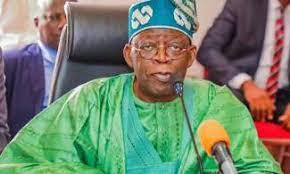ActionAid Nigeria (AAN) has called on the federal government to declare a state of emergency on education to rebuild it and ensure that the children of the poor get quality education following the ongoing Academic Staff Union of Universities (ASUU) strike.
Country Director ActionAid Nigeria, Ene Obi, while briefing the media on Monday in Abuja said the federal government should also convene a national conference on university education in Nigeria.
She said the conference should draw participants from all segments and interest groups in the country. The essence is to have a comprehensive conversation on our universities’ state and the way forward.
She further called on all patriotic Nigerians, including students’ unions, trade union bodies, civil society organisations, political parties, private sector and religious institutions to join ASUU’s call for the revitalisation of the universities and demand that the federal government takes urgent steps to end the strike.
She expressed concern that despite the enormous resources God has endowed Nigeria with, the university system has been in shambles over the years as a result of corruption, and pointed that education is the greatest asset any government can give to the people and to stand tall in the comity of nations.
In her words “The current strike by the Academic Staff Union of Universities began on the 14th of February 2022. Initially, the industrial action was a limited warning strike scheduled to last four weeks.
“The strike action was extended for two months following the federal government’s inaction. This was further extended on the 14th of May 2022 for another twelve weeks. Following this extension, the strike might last up to five months if no urgent action is taken to address the issues in contention.
“While other countries are focused on research and seeking advanced technologies to improve quality and access to education for not just their citizens but the world at large, it is disturbing that Nigeria is still left behind in the attainment of the SDG4 and has been tossing the ball on issues of salaries and infrastructure for decades; in a democratic society, this is unacceptable.”




